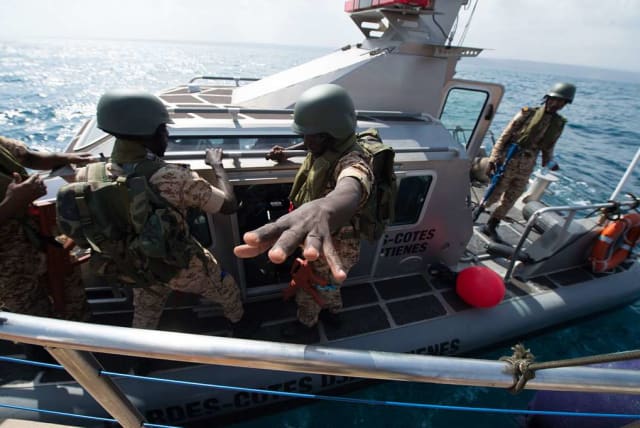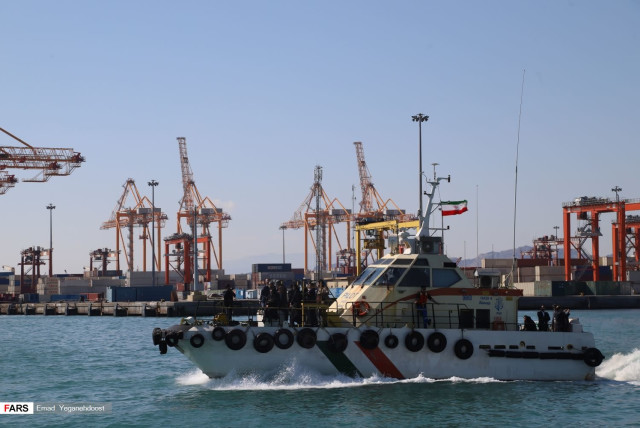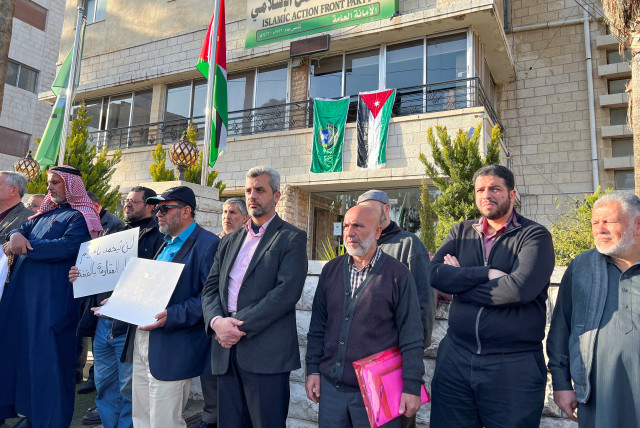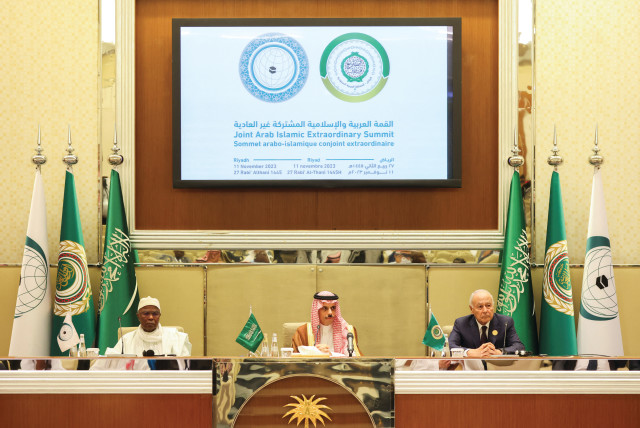Iran asked Sudan to allow a Naval Base on its Red Sea coast

Sudanese senior advisor says that Iran wants to build a naval base on their land and offers a helicopter carrier as payment. Sudan rejects the offer in fear of the US and Israel's response.
Sudan rejected Iran’s proposal to allow it to build a permanent naval base on the African coast of the Red Sea, an act that would have allowed Tehran to monitor maritime traffic in the Suez Canal and Israel, according got intelligence provided by a senior Sudanese official to the Wall Street Journal.
Iran has already provided Sudan’s military with unmanned aerial vehicle (UAV) for its use in the fight against a rebel warlord in the past, and now also offered to provide a helicopter carrier if Sudan granted them permission for the naval base, according to Ahmed Hassan Mohammed, Sudanese policy advisor to Sudan's military leader who reported to the Wall Street Journal.
Iranian and Sudanese relations
Iran and Sudan have become closer again after years of tensions. The Iranian Regime was a close ally of the Islamist dictator Omar al-Bashir in Sudan and used Sudanese territory to smuggle weapons into Gaza. According to several reports, Israel even conducted attacks within Sudan to prevent these arms shipments.
When Bashir was overthrown in a military coup in 2019, the generals who took control distanced themselves from Iran to restore relations with the United States, even agreeing to normalize relations with Israel as part of the Abraham Accords.
The change in relations between Israel and Sudan began with the Israeli-Hamas war. The Sudanese army was desperate for weapons and ammunition to fight the rebels led by Mohamed Hamdan Dagalo. To fight the rebels, Sudan purchased weapons from Iran, which were of great help in the fight against the rebels.
What would a naval base on the Red Sea give to Iran?
A naval base in this location would allow Tehran to strengthen its existing hold on the Red Sea, where it has been supporting Yemen’s Houthis in conducting attacks on commercial ships as they pass through the busy trade route. Iran’s rivals in the region all have direct access to the shipping route, including Saudi Arabia, Israel, and Egypt.
Iran has been sending increasingly more sophisticated weapons to the Houthis to continue their attacks on commercial ships along the trade route, while concurrently, the US is leading a multinational force to protect the ships from the attacks by the Houthis.
“The Iranians said they wanted to use the base for intelligence gathering," Mohammad told the Wall Street Journal. "They also wanted to station warships there." According to him, Khartoum rejected Iran's offer to avoid the reactions of the United States and Israel.
International response to the ongoing civil war in Yemen
Yemen's civil war began in 2014 between Yemen's Presidential Leadership Council and the Supreme Political Council (along with their Houthi supporters) and is still ongoing today.
After tens of thousands were killed, and millions more displaced since the beginning of Yemen's war in April, the US accuses both sides of the conflict of war crimes, and the rebels are even accused of crimes against humanity such as murder, rape, and ethnical cleanse in the Darfur region.
UN officials criticized Sudan for air bombs on civilians and blocking Sudanese citizens from receiving humanitarian aid.
Both the Sudanese government and the Rapid Support Forces denied these allegations.
Regional power struggle
Sudan is not the only regional power that is exploiting the civil war in Yemen. Egypt has also supplied UAVs to Sudan, and trained soldiers in how to use them, according to to a report to the Wall Street Journal in October.
According to a chain of reports from the UN, the UAE is supporting the rebels by providing them with weapons and ammunition. However, the UAE denies these allegations, while Egypt claims that they are not taking sides and working to end the conflict.
Jerusalem Post Store
`; document.getElementById("linkPremium").innerHTML = cont; var divWithLink = document.getElementById("premium-link"); if (divWithLink !== null && divWithLink !== 'undefined') { divWithLink.style.border = "solid 1px #cb0f3e"; divWithLink.style.textAlign = "center"; divWithLink.style.marginBottom = "15px"; divWithLink.style.marginTop = "15px"; divWithLink.style.width = "100%"; divWithLink.style.backgroundColor = "#122952"; divWithLink.style.color = "#ffffff"; divWithLink.style.lineHeight = "1.5"; } } (function (v, i) { });



